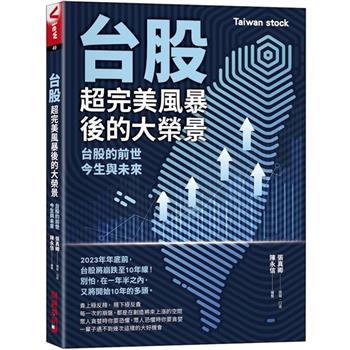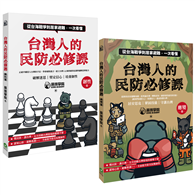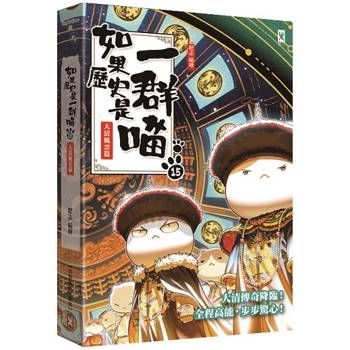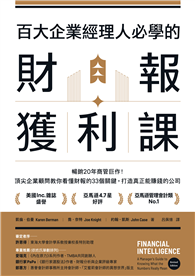As an archaeologist, anthropologist, scholar, educator, and program evaluator for the U.S. State Department during the early Cold War era, Dr. Isabel T. Kelly’s (1906-1983) career presents a distinctive vantage point on the evolving landscape of U.S. foreign policy, Mexican rural welfare initiatives, and the discipline of anthropology. Her trajectory illuminates a shift toward pragmatic, culturally sensitive approaches in technical assistance programs for Mexico’s rural areas, departing from traditional U.S.-centric developmental paradigms.
Kelly’s transition from a prominent archaeologist to a key figure in applied anthropology is meticulously chronicled, unveiling her pivotal role in shaping rural development strategies in Mexico amidst the geopolitical context of the Cold War. Through an extensive examination of her correspondence, archival material, and scholarly output, Kelly’s evolving viewpoints offer profound insights into the intricate dynamics of U.S.-Mexico relations and the challenges encountered by female academics during this era. Organized chronologically, each chapter of this work delves into distinct facets of Kelly’s international journey, with a particular emphasis on her involvement in cooperative programs aimed at fostering diplomatic relations with Mexico. Through this narrative framework, readers are immersed in a compelling exploration of Kelly’s enduring impact on both the field of anthropology and the realm of international diplomacy. This book is indispensable for historians, anthropologists, and individuals intrigued by the nuanced complexities of Cold War politics, presenting pioneering research at the intersection of history and anthropology. Opperman skillfully brings to light the previously untold narratives of Isabel Kelly, unveiling her influence on mid-twentieth-century Mexico.| FindBook |
有 1 項符合
Cold War Anthropologist: Isabel Kelly and Rural Development in Mexico的圖書 |
 |
Cold War Anthropologist: Isabel Kelly and Rural Development in Mexico 作者:Opperman 出版社:University of Arizona Press 出版日期:2024-11-12 語言:英文 規格:精裝 / 248頁 / 普通級/ 初版 |
| 圖書館借閱 |
| 國家圖書館 | 全國圖書書目資訊網 | 國立公共資訊圖書館 | 電子書服務平台 | MetaCat 跨館整合查詢 |
| 臺北市立圖書館 | 新北市立圖書館 | 基隆市公共圖書館 | 桃園市立圖書館 | 新竹縣公共圖書館 |
| 苗栗縣立圖書館 | 臺中市立圖書館 | 彰化縣公共圖書館 | 南投縣文化局 | 雲林縣公共圖書館 |
| 嘉義縣圖書館 | 臺南市立圖書館 | 高雄市立圖書館 | 屏東縣公共圖書館 | 宜蘭縣公共圖書館 |
| 花蓮縣文化局 | 臺東縣文化處 |
|
|
圖書介紹 - 資料來源:博客來 評分:
圖書名稱:Cold War Anthropologist: Isabel Kelly and Rural Development in Mexico
Somatic States: On Cartography, Geobodies, Bodily Integrity
Somatic States: On Cartography, Geobodies, Bodily Integrity
Brothers Behind Bars: A History of the Muslim Brotherhood from the Palestine War to Egypt’s Prisons
Reel Freedom: Black Film Culture in Early Twentieth-Century New York City
Reel Freedom: Black Film Culture in Early Twentieth-Century New York City
Political Geography: World-Economy, Nation-State and Locality
Between Families and Institutions: Mental Health and Biopolitical Paternalism in Contemporary China
Working-Class Raj: Colonialism and the Making of Class in British India
Ecological and Social Healing: Multicultural Women’s Voices
Ecological and Social Healing: Multicultural Women’s Voices
Somatic States: On Cartography, Geobodies, Bodily Integrity
Brothers Behind Bars: A History of the Muslim Brotherhood from the Palestine War to Egypt’s Prisons
Reel Freedom: Black Film Culture in Early Twentieth-Century New York City
Reel Freedom: Black Film Culture in Early Twentieth-Century New York City
Political Geography: World-Economy, Nation-State and Locality
Between Families and Institutions: Mental Health and Biopolitical Paternalism in Contemporary China
Working-Class Raj: Colonialism and the Making of Class in British India
Ecological and Social Healing: Multicultural Women’s Voices
Ecological and Social Healing: Multicultural Women’s Voices
|











